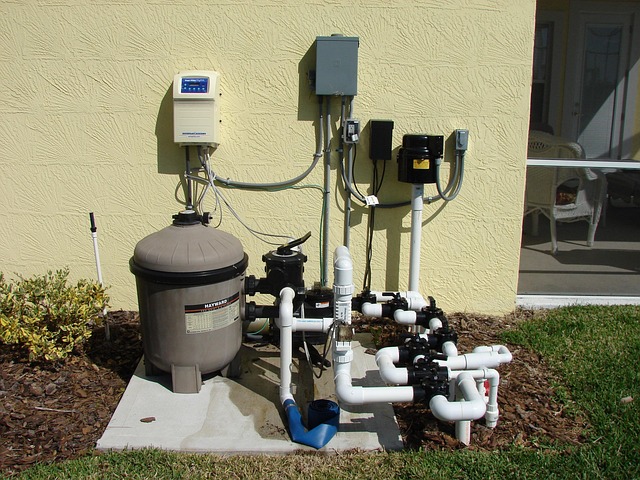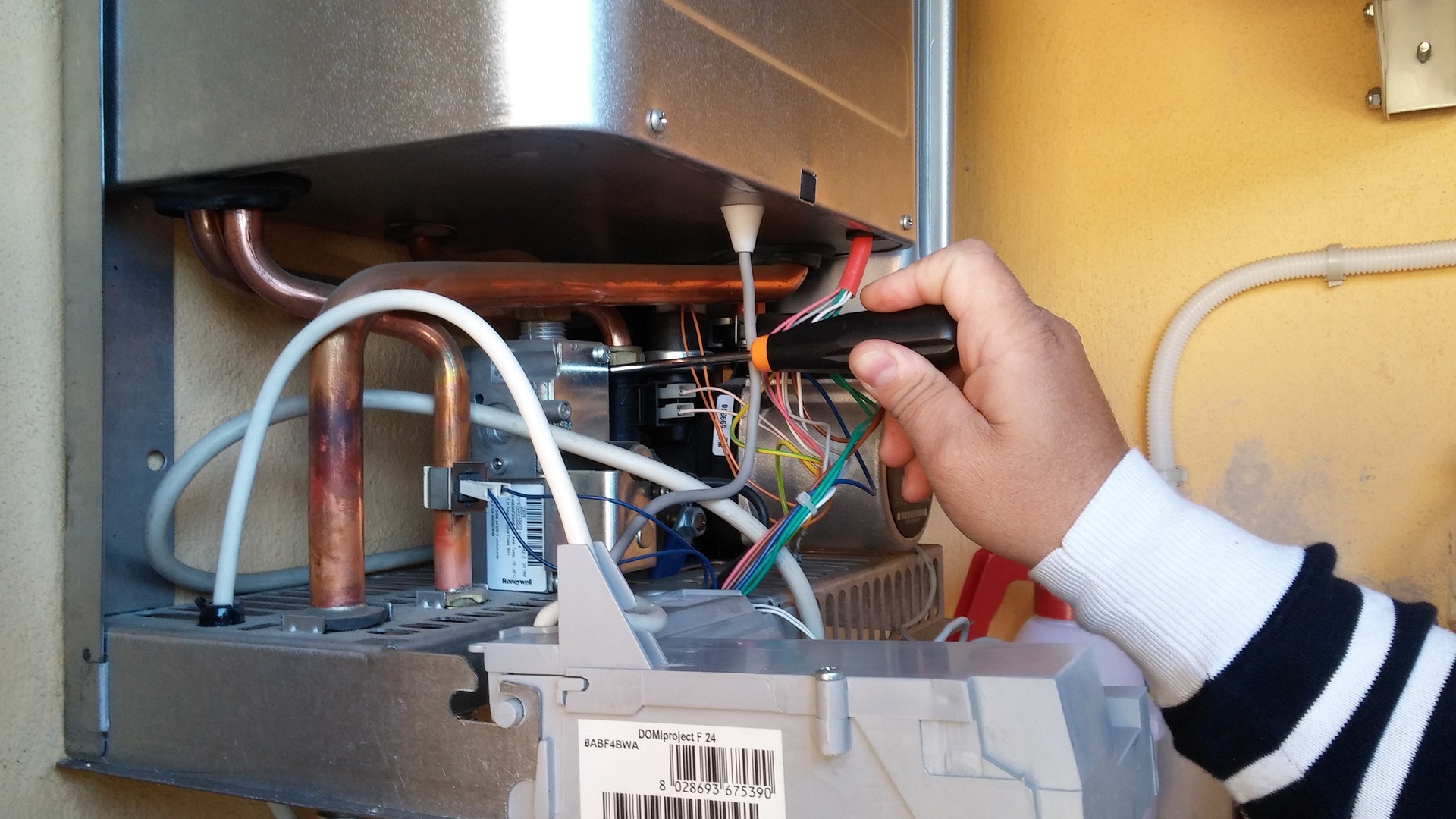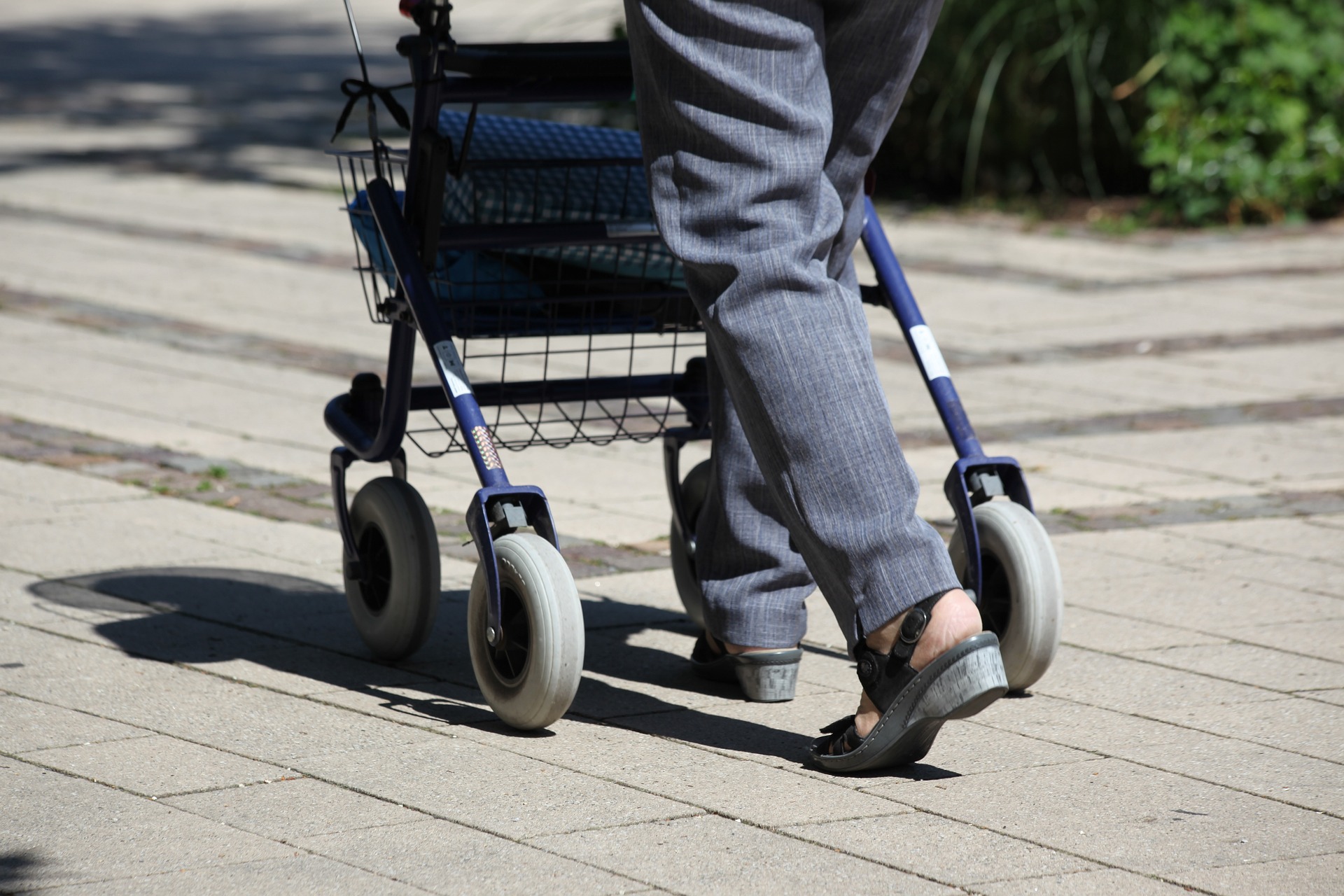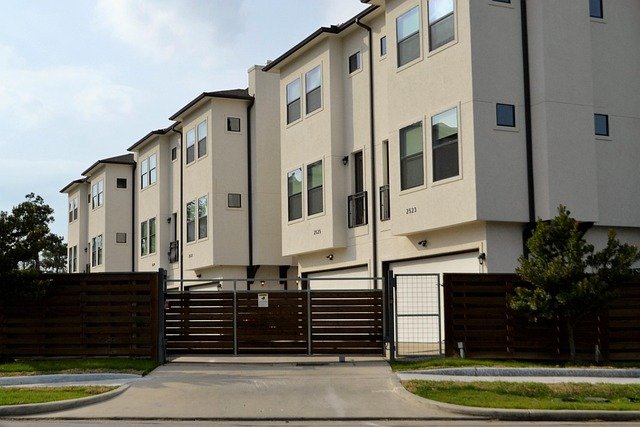Understanding Elderly Care Training: A Comprehensive Guide
In-home care services offer personalized, non-medical assistance that helps older adults remain in familiar surroundings while receiving the support they need. From help with bathing and meals to companionship and mobility support, these services are tailored to individual needs. This guide explains how in-home care typically works, what services are commonly included, and how care providers are matched to seniors based on health, mobility, and daily living needs. Whether part-time or full-time, in-home support can enhance quality of life for both seniors and their families.

Types of In-Home Care Services for Elderly Individuals
In-home care services for elderly individuals fall into several distinct categories, each addressing different aspects of senior well-being. Personal care services focus on helping with activities of daily living (ADLs) such as bathing, dressing, toileting, and mobility assistance. Companion care primarily addresses social and emotional needs through conversation, accompaniment to appointments, and recreational activities. Skilled nursing care involves medical services delivered by licensed nurses, including wound care, medication management, and vital sign monitoring. Homemaking services encompass household tasks like cleaning, laundry, meal preparation, and grocery shopping. Specialized care services target specific conditions such as dementia, Parkinson’s disease, or post-stroke recovery with tailored approaches. Understanding these service types helps families select the appropriate level of care based on their loved one’s unique needs.
How Personal Care Aides Support Daily Living
Personal care aides serve as essential lifelines for elderly individuals who wish to maintain independence while receiving necessary assistance. These dedicated professionals help with bathing, grooming, and dressing—intimate activities that require both technical skill and sensitivity. They provide toileting assistance and incontinence care with dignity and respect. Mobility support includes safe transferring techniques, fall prevention strategies, and proper body mechanics when helping seniors move around their homes. Meal preparation and feeding assistance ensure proper nutrition, with aides accommodating dietary restrictions and preferences. Medication reminders help seniors adhere to prescribed regimens without directly administering medications. Beyond these practical tasks, personal care aides offer companionship and emotional support, reducing isolation and improving mental health. Their presence often allows seniors to age in place rather than moving to institutional settings.
Differences Between Companion Care and Personal Care
Companion care and personal care represent two distinct approaches to elderly support, differing primarily in scope and intensity. Companion care focuses on social and emotional well-being through conversation, shared activities, and general supervision. Companions may assist with light housekeeping, meal preparation, transportation to appointments, and running errands. They provide medication reminders but typically don’t physically assist with taking medications. By contrast, personal care involves hands-on physical assistance with activities of daily living. Personal care aides help with bathing, toileting, dressing, grooming, and mobility. They may provide incontinence care and feeding assistance for those who cannot eat independently. While companion caregivers generally don’t need specialized certification, personal care aides typically require more extensive training and often certification due to the intimate nature of their work. Many families start with companion care and transition to personal care as their loved one’s needs increase over time.
Essential Skills Taught in Elderly Care Training Programs
Comprehensive elderly care training programs develop a multifaceted skill set that combines technical competencies with interpersonal abilities. Students learn proper body mechanics for safe lifting and transferring to prevent injuries to both caregivers and clients. Training covers infection control protocols, including proper handwashing, use of personal protective equipment, and sanitization procedures. Communication techniques address the challenges of interacting with seniors who may have hearing impairments, cognitive decline, or speech difficulties. Emergency response training prepares caregivers to recognize and react appropriately to medical emergencies such as falls, strokes, or cardiac events. Specialized modules often cover dementia care, including validation techniques and managing challenging behaviors. Nutritional training ensures caregivers understand the dietary needs of older adults and can prepare appropriate meals. Documentation skills enable accurate recording of care provided, observations, and changes in condition. Ethical training emphasizes respect for autonomy, privacy, dignity, and cultural sensitivity when working with vulnerable elderly individuals.
Certification Requirements for Different Elderly Care Roles
Certification requirements in elderly care vary significantly depending on the specific role and state regulations. Home health aides (HHAs) typically need to complete a state-approved training program ranging from 75-120 hours and pass a competency evaluation. Certified nursing assistants (CNAs) require more extensive training—usually 75-180 hours depending on the state—plus clinical practice hours and passing a state examination. Personal care aides have the most variable requirements, with some states requiring formal training and others having minimal regulations. Specialized certifications such as dementia care certification or hospice care certification may require additional coursework beyond basic qualifications. Many elderly care professionals also pursue continuing education to maintain certification and develop expertise in areas like medication management, wound care, or specialized therapy techniques. Professional organizations like the National Association for Home Care & Hospice offer various certification programs that can enhance job prospects and earning potential. Employers increasingly prefer or require these credentials, making certification an important career advancement tool for caregivers.
Career Pathways and Training Options for Elderly Care Professionals
The elderly care field offers diverse career pathways supported by various training options. Community colleges provide certificate and associate degree programs in gerontology, nursing assistance, and health sciences that combine classroom learning with supervised clinical experience. Vocational schools offer accelerated programs focused on practical skills for specific roles like home health aide or personal care assistant. Online training platforms have expanded access to elderly care education through flexible, self-paced courses, though these typically need to be supplemented with in-person skills practice. Healthcare facilities often provide on-the-job training programs for entry-level positions, sometimes offering tuition assistance for further education. Career advancement typically follows a progression from entry-level roles like companion caregiver to more specialized positions such as dementia care specialist or hospice aide. With additional education, caregivers can become licensed practical nurses, registered nurses, or care coordinators. The field also presents entrepreneurial opportunities for experienced caregivers to establish independent care services or consulting businesses. This career flexibility, combined with growing demand for elderly care services, makes this field particularly appealing for those seeking meaningful work with advancement potential.
This article is for informational purposes only and should not be considered medical advice. Please consult a qualified healthcare professional for personalized guidance and treatment.




